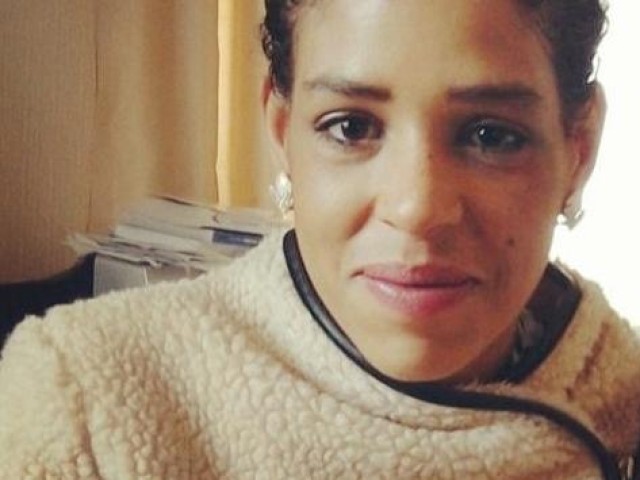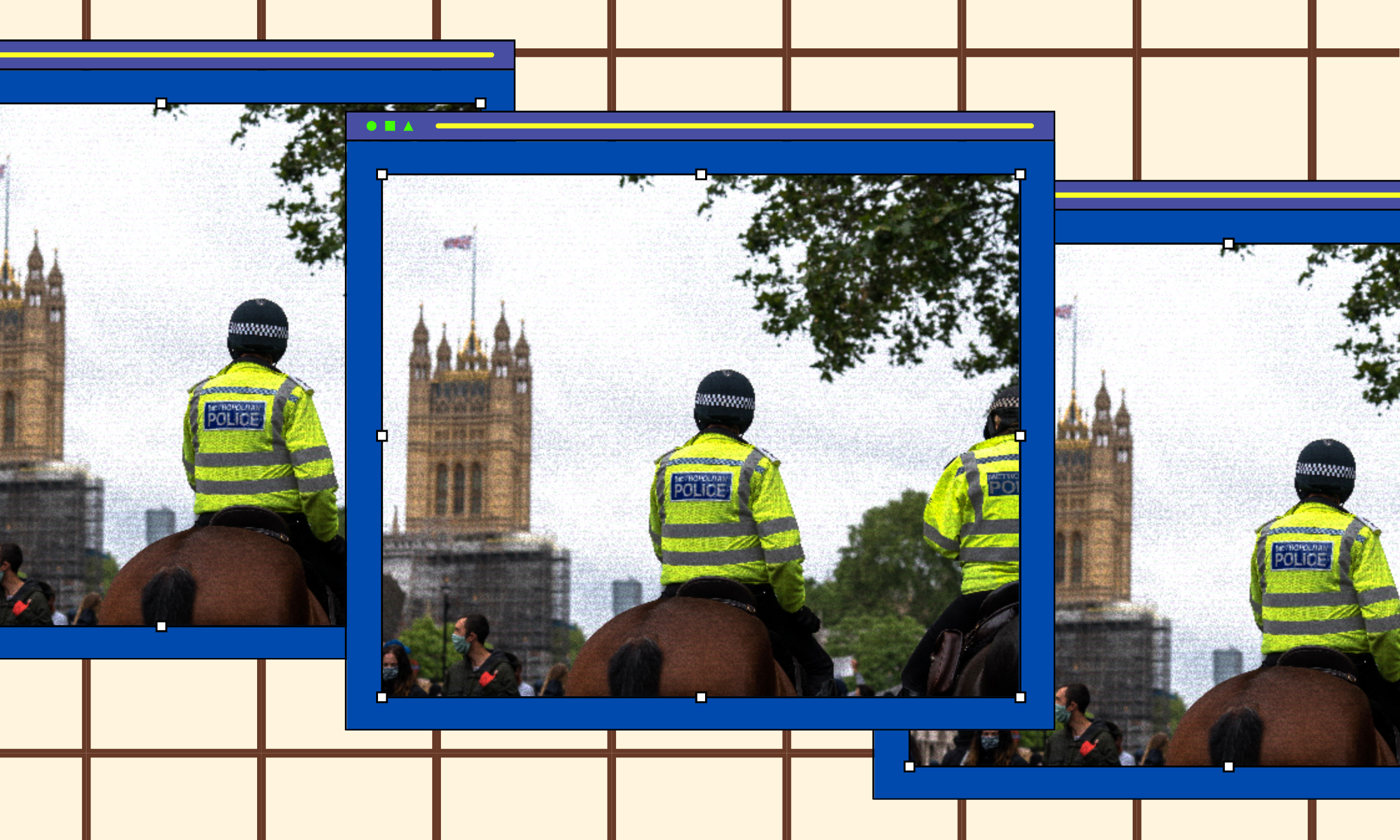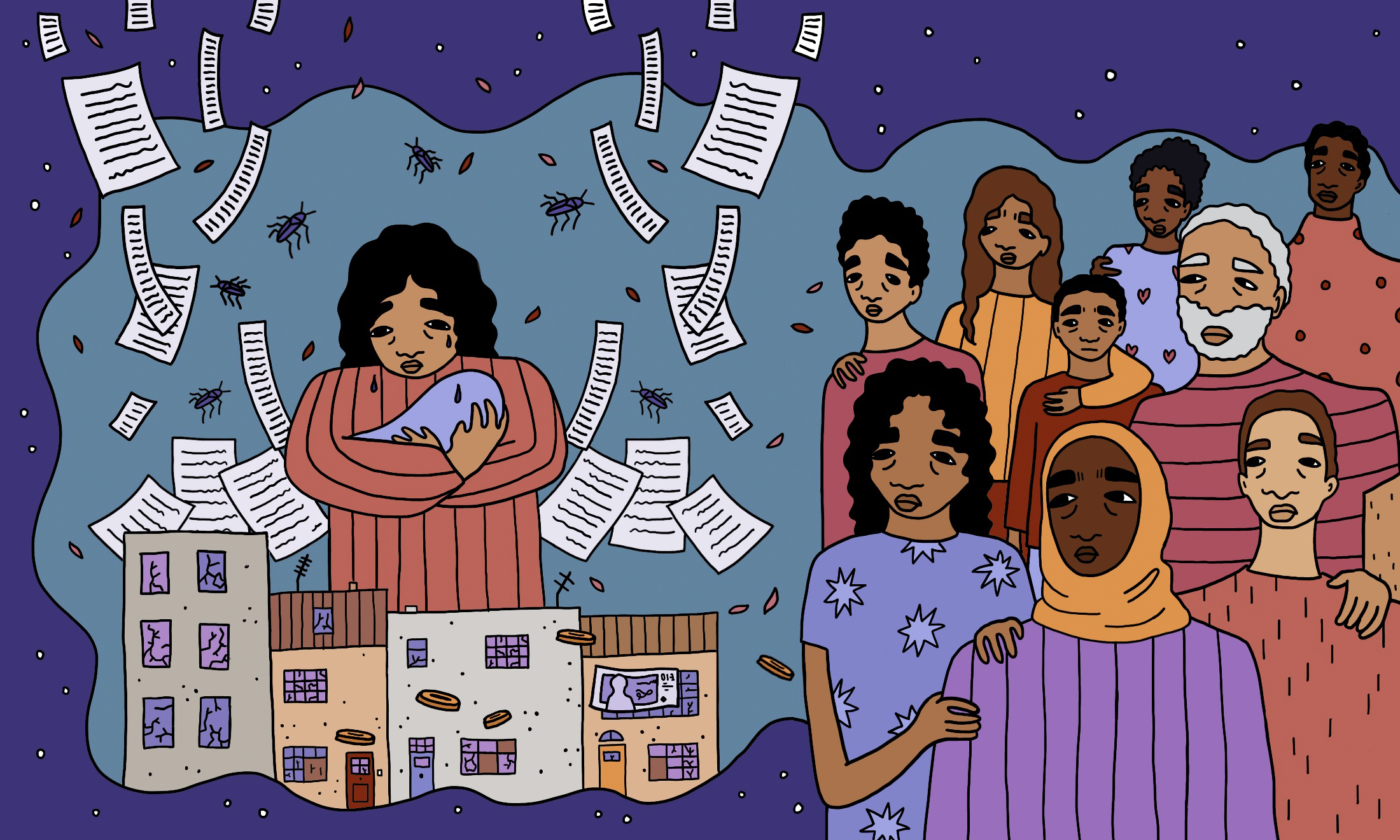
The jury at the inquest of Sarah Reed, which concluded today, have declared that “unacceptable delays in psychiatric assessment and failures in care” did contribute to her death.
The details that surround her death, while incredibly upsetting, are not unusual. They point to a catastrophic web of failures, and illuminate the systemic devaluation of black women’s bodies and lives by state institutions.
The inquest was held to investigate the events that led up to 8am on Monday 11 January 2016, when staff at Holloway Prison found Sarah dead in the prison’s mental health unit with a ligature tied around her neck. Sarah’s family were told that she had strangled herself on her own bed, but when relatives turned up to identify the body they were turned away.
The violence of Sarah’s death was not an anomalous moment in her life – it was one of a string of interactions and experiences she had endured at the hands of the statutory bodies who should have been supporting and protecting her.
Sarah had been in Holloway since October 2015, and was awaiting trial for assault. Prior to being incarcerated, she had been under the care of a community mental health team. In letters to her family from prison, Sarah explained that she had been sexually assaulted whilst being treated at a secure mental health unit in 2012, and the alleged assault had been an act of self-defence against the perpetrator.
Four years prior to 2012 assault, PC James Kiddie was sentenced for common assault against Sarah, after he detained her for allegedly shoplifting in Uniqlo. Horrific CCTV footage played during the trial shows Kiddie forcing Sarah into a chair, grabbing her by her hair as she holds her forearms up to defend herself, throwing her to the floor with such force that a lightbulb smashes, and punching her in the head before leaning his knee on her neck to keep her pressed to the ground. He then sits on her back, pushes her face into the floor, and binds her arms and forces them up her back. Kiddie enacted this treatment, despite the fact that the College of Policing guidance states that to avoid inflicting positional asphyxia (suffocation), “People restrained in the prone position [face down] should be placed on their side or in a sitting, kneeling or standing position as soon as practicable”.
During the inquest, the court heard that two consecutive psychiatric evaluation reports confirmed that Sarah was unfit to be tried.
The court also heard that the risk of Sarah self-harming or attempting suicide was “low” despite staff writing in her records that day: “She is completely psychotic, aggressive towards staff, making comments about god and the devil. She started rolling around in the bed and screaming”.
Sarah was at the top of a list of people detained in Holloway to be transferred to a mental health hospital. In the inquest, assistant coroner Peter Thornton QC asked the jury to think about whether Sarah’s death could have been prevented by more swiftly transferring her to hospital.
Sure, we can ask why a woman with a history of severe mental health problems since the death of her newborn baby in 2003, who had since experienced sexual violence and police brutality, was incarcerated without proper access to mental health support while her trial was pending. But the answers to these questions are not hard to find. People of colour living in the UK are more likely to be diagnosed with mental health problems, and less likely to experience a good outcome from treatment.
People of colour are more likely to access mental health services through the criminal justice system, than through a GP’s referral.
We are also more likely to be sectioned under the Mental Health Act (as Sarah was), and tend to be prescribed medication rather than offered psychotherapy. As women of colour our behaviour – such as physically fighting back against racism and/or sexism are more likely to be pathologised (as Sarah’s was), than acknowledged as a valid and strategic response to the violent world we navigate every single day.
The history of the minimisation of black women’s pain and suffering is lengthy, and hails back from the dehumanisation of black women’s bodies, trends which necessarily propped up and enabled colonial projects globally, and the trans-Atlantic slave trade. Whilst incarcerated at Holloway, Sarah was repeatedly treated as less than human, as attendees at the inquest noted: “At 8st 5’7 she was considered ‘high risk’ requiring 4 prison officers to unlock her. They threw her food and sanitary products into her cell”. Furthermore, the inquest revealed that a screen was placed in front of her cell to block the hatch.
Sarah was failed at every possible stage: by health services, the police, Holloway Prison staff and medical teams, and the courts. Now that the inquest has returned its result, it is essential that those who have the power and oversight to change the way that mental health services and the criminal justice system “function” must now truly, and genuinely grapple with the fact that there exists a two-tier system of statutory bodies in the UK. Under this arrangement, people of colour are discriminated against, resulting in poverty, racism, and untreated or poorly-treated mental health problems being compounded, sometimes meaning that the last breath our brothers and sisters take is whispered away in a headlock, or pressed against the hard floor of a police cell.
Angela Davis said:
Jails and prisons are designed to break human beings, to convert the population into specimens in a zoo – obedient to our keepers but dangerous to each other
Prisons do not keep communities safe – they are sites of intense danger and violence. The fact that over half of women detained in prisons report having experienced gender-based violence, and that the UK disproportionately incarcerates people of colour at an even higher rate than the US, clearly illustrates that prisons are simply part of a long line of trauma meted out towards survivors of violence, working class people, and people of colour. In his annual report released this week, echoing concerns expressed in last year’s report, HM Chief Inspector of Prisons Peter Clarke noted the incredibly high suicide rate in UK prisons (one death every three days in England and Wales), as well as a huge spike in self-harm, particularly among women.
Sarah Reed was the last person to die in custody at Holloway prison before it closed, and campaign groups have already been fighting back to ensure that in the future the site is used for collective good.
Sarah Reed’s life mattered. May she rest in power.

Britain’s policing was built on racism. Abolition is unavoidable

How Pakistan’s Khwaja Sira and transgender communities are fearing and fighting for their futures

Their anti-rape performance went viral globally. Now what?






